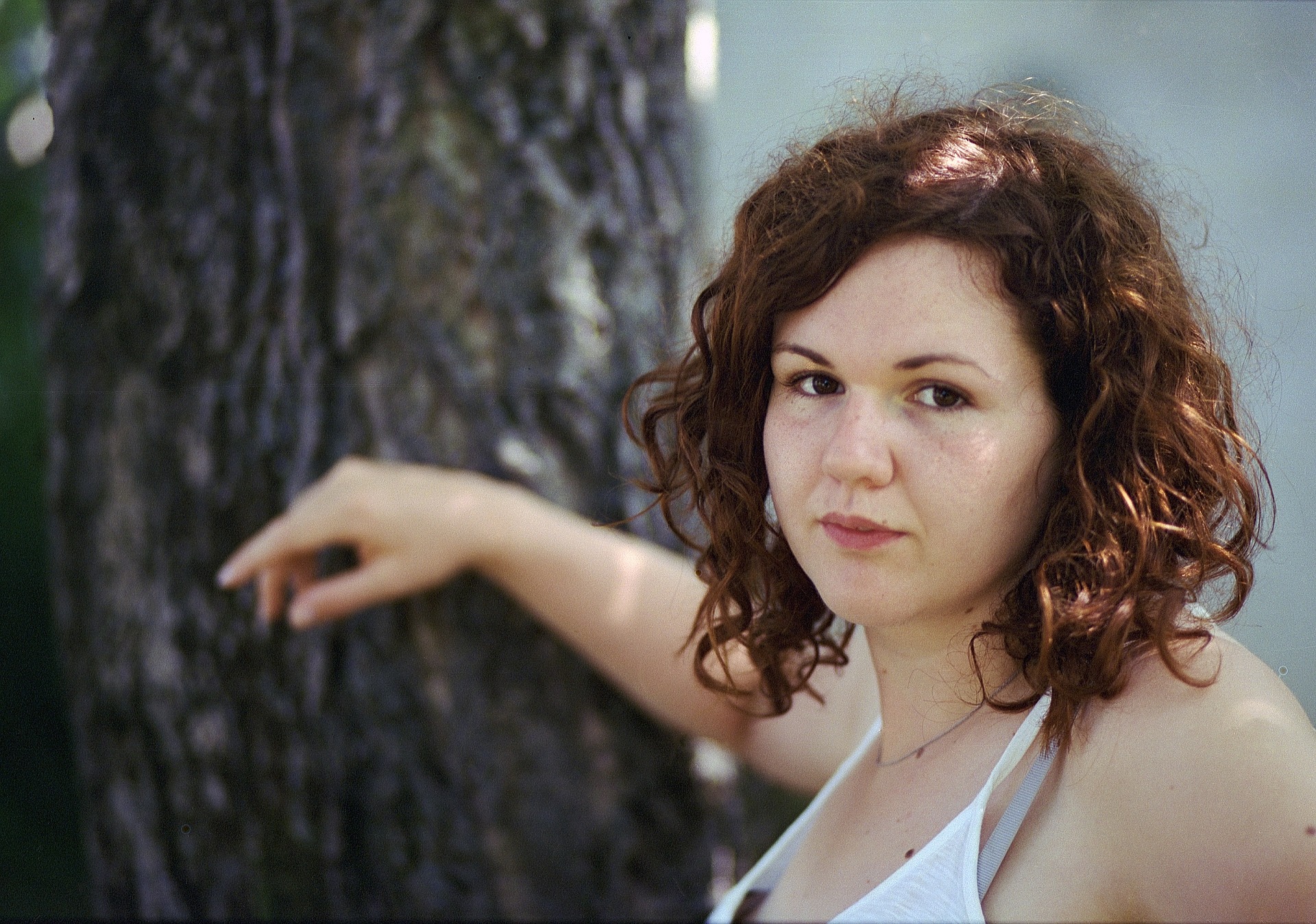After a thorough medical evaluation, someone with a hydrocodone addiction will likely be treated with a combination of medication and behavioral therapy.
How is Hydrocodone Addiction Treated?
According to the Drug Enforcement Administration, “Hydrocodone is the most frequently prescribed opioid in the United States and is associated with more drug abuse and diversion than any other licit or illicit opioid.” While addiction to hydrocodone is a serious issue that occurs with some frequency, it can be treated in the same ways other opioid addictions are treated, and addicted individuals can safely begin to recover in a way that helps them avoid further opioid abuse and the problems it causes.
Immediate Hydrocodone Addiction Treatment
Hydrocodone “is an orally active agent most frequently prescribed for the treatment of moderate to moderately severe pain.” Many individuals who are prescribed this medication turn to abusing it when their tolerance levels climb higher, and those who take it recreationally often do so to feel the euphoric effects it can cause when taken in high doses. Both these actions can lead to addiction.
The first thing a medical professional will do when you seek treatment for hydrocodone addiction is to find out more about your drug use and why you began abusing hydrocodone. Then, they will take tests to determine your current physical and psychological status and stabilize any issues you may be experiencing as the result of intoxication or withdrawal. Once you are more stable, you can begin your actual addiction treatment.
Medications for Hydrocodone Addiction Treatment
According to the National Institute on Drug Abuse, “Several options are available for effectively treating prescription opioid addiction.” First, the individual is usually put on a medication, either one that will treat their withdrawal symptoms as they withdraw from the drug or one that will treat their addiction and stabilize their condition. They may be given clonidine, methadone, or buprenorphine in lessening doses as they go through withdrawal.
As a different method, the individual may be put on buprenorphine or methadone for a specific period of time to minimize their withdrawal symptoms and allow them to become stable after stopping their abuse of hydrocodone. In some instances, a person may go on naltrexone, an opioid antagonist, after their withdrawal ends, but most people either choose to be stabilized on methadone or buprenorphine or go through a medically-assisted withdrawal.
Behavioral Therapies for Hydrocodone Addiction Treatment
Cognitive-behavioral therapy is the most commonly used behavioral treatment for opioid addiction. As stated by the NIDA, its strategies are “based on the theory that in the development of maladaptive behavioral patterns like substance abuse, learning processes play a critical role.” The patient learns how to react differently in the future to the issues that initiated their drug abuse and to avoid cravings, triggers, and other issues that would cause them to turn back to drug abuse.
There are several other types of behavioral therapies often involved in hydrocodone addiction treatment programs, including contingency management, group therapy, family therapy, couples therapy, and 12-step facilitation therapy. Strategies from one or more of these may be implemented into the individual’s treatment program.
Seek Help for Hydrocodone Addiction Now
Those who abuse hydrocodone frequently will require treatment no matter how serious their abuse has become. Addiction, though, will only become worse with time, so call 800-934-1582(Sponsored) today to find treatment centers in your area or to learn more about hydrocodone and its effects.
the Take-Away


